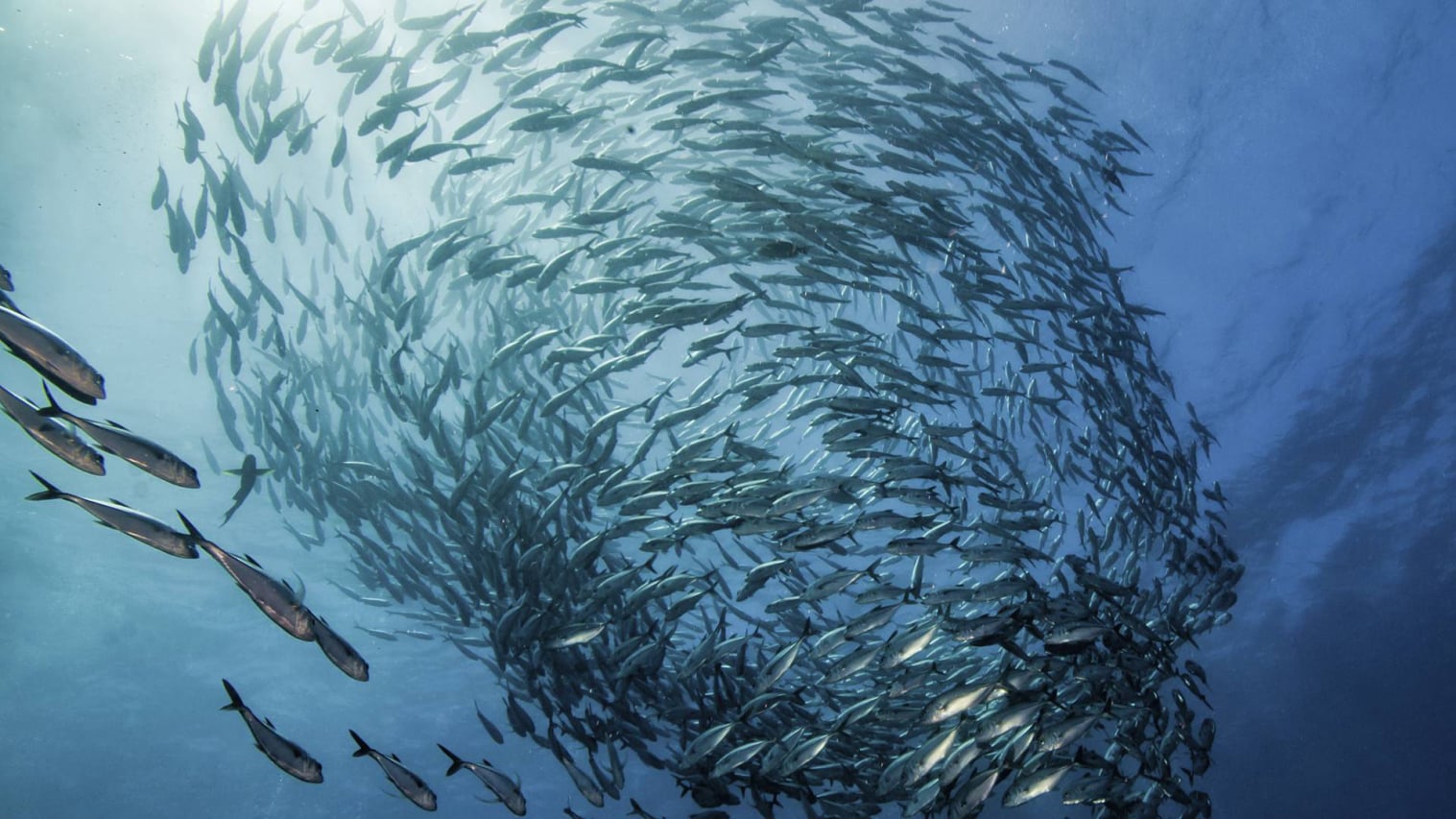Sustainable Fishing Practices: Protecting Our Waterways
As anglers, we have a responsibility to protect and preserve the environments we love to fish in. Sustainable fishing practices are essential for maintaining healthy fish populations and ensuring that future generations can enjoy the same fishing experiences we do today. By adopting responsible fishing habits, we can help conserve our natural resources and support the long-term viability of our favorite fishing spots.
One of the most important sustainable fishing practices is following catch-and-release guidelines. This involves carefully handling and releasing fish that are not intended to be kept, minimizing stress and injury to the fish. Using barbless hooks, landing nets with rubber mesh, and keeping the fish in the water as much as possible can significantly improve its chances of survival. Catch-and-release is especially important for species that are threatened or have slow reproduction rates, as it helps maintain their populations.
Another key aspect of sustainable fishing is reducing our environmental impact. This includes properly disposing of trash, avoiding the use of lead weights, and being mindful of our actions on the water. Anglers should also be aware of invasive species and take steps to prevent their spread, such as cleaning boats and gear before moving between water bodies. By minimizing our footprint, we can help protect the delicate ecosystems that support our favorite fish species.
Educating ourselves about the fish we target and their habitats is crucial for practicing sustainable fishing. Understanding the lifecycle, feeding habits, and preferred environments of different species can help us make informed decisions about when, where, and how to fish. Additionally, staying up-to-date on local regulations and following size and catch limits is essential for maintaining healthy fish populations. By being knowledgeable and responsible anglers, we can contribute to the conservation of our fisheries.
Engaging with the fishing community and supporting conservation organizations can also promote sustainable fishing practices. Many groups and initiatives focus on protecting our waterways and the species that inhabit them. By participating in cleanup events, contributing to research efforts, and advocating for responsible fishing policies, we can make a positive impact on the future of our fisheries. Collaborating with fellow anglers and sharing knowledge can foster a culture of sustainability and stewardship within the fishing community.
Ultimately, practicing sustainable fishing is about more than just following rules and guidelines; it's about cultivating a deep appreciation for the natural world and our role within it. By embracing a conservation mindset, we can enhance our fishing experiences and ensure that the joy of angling is preserved for generations to come. As responsible anglers, we have the power to make a difference and protect the environments that bring us so much happiness and fulfillment.
